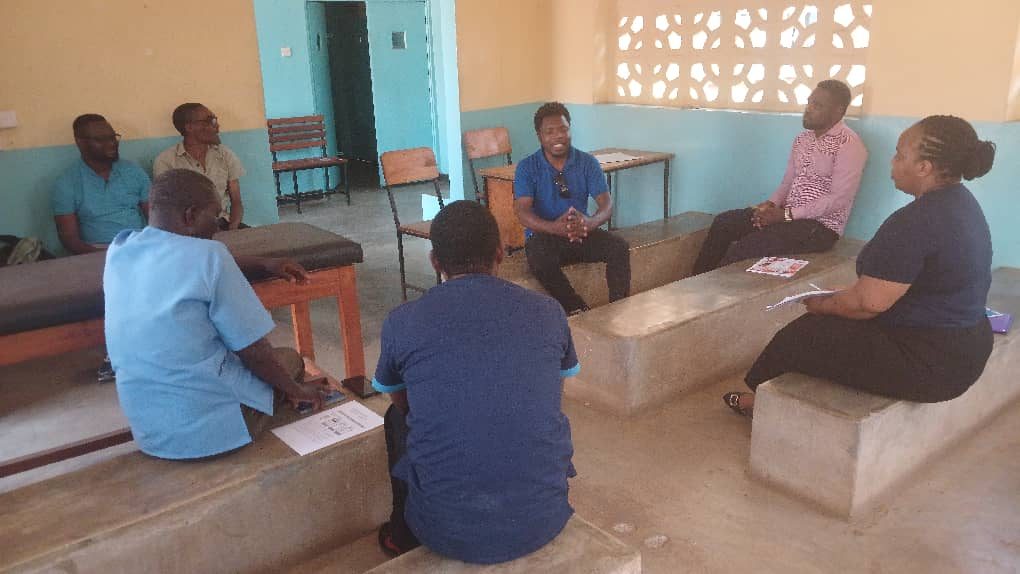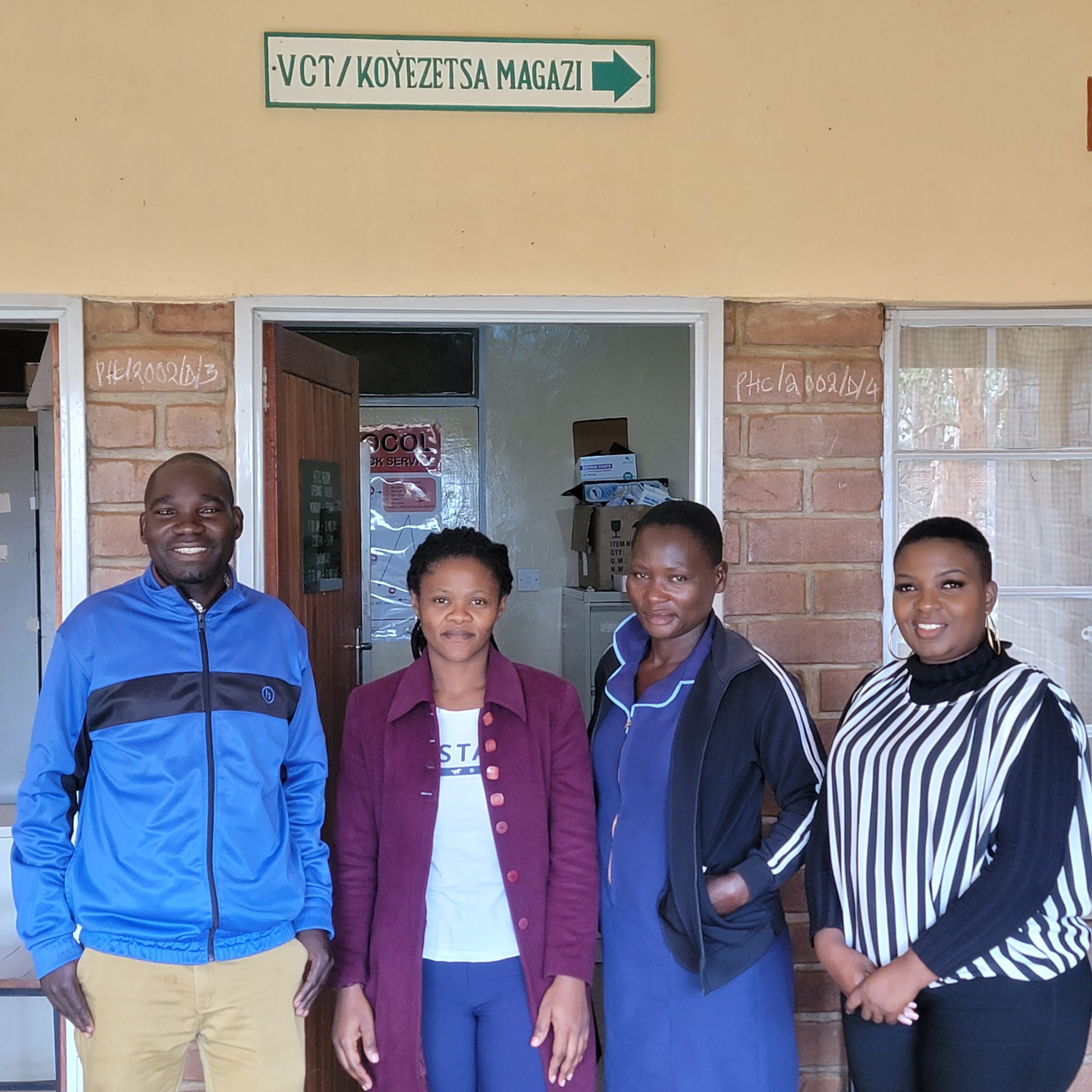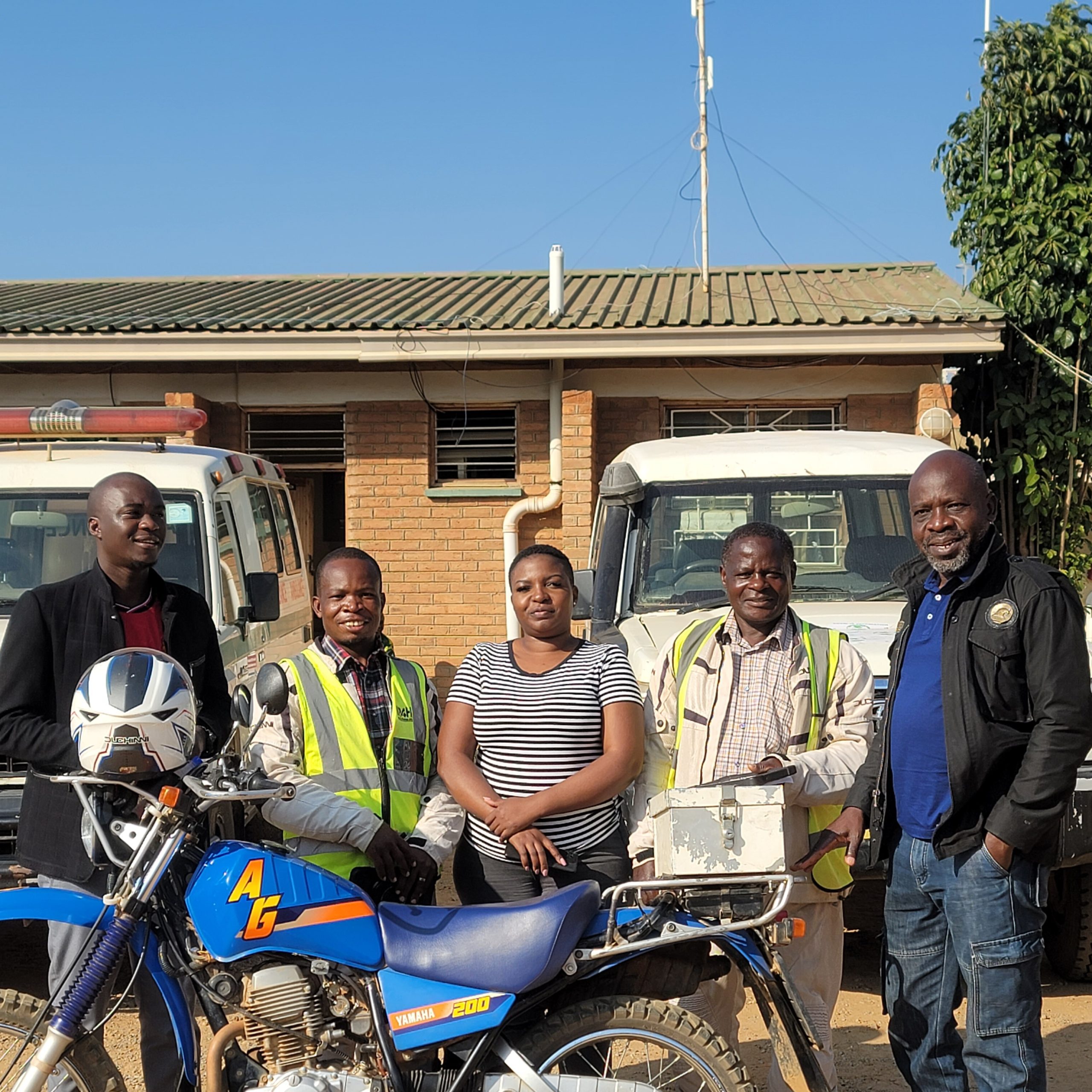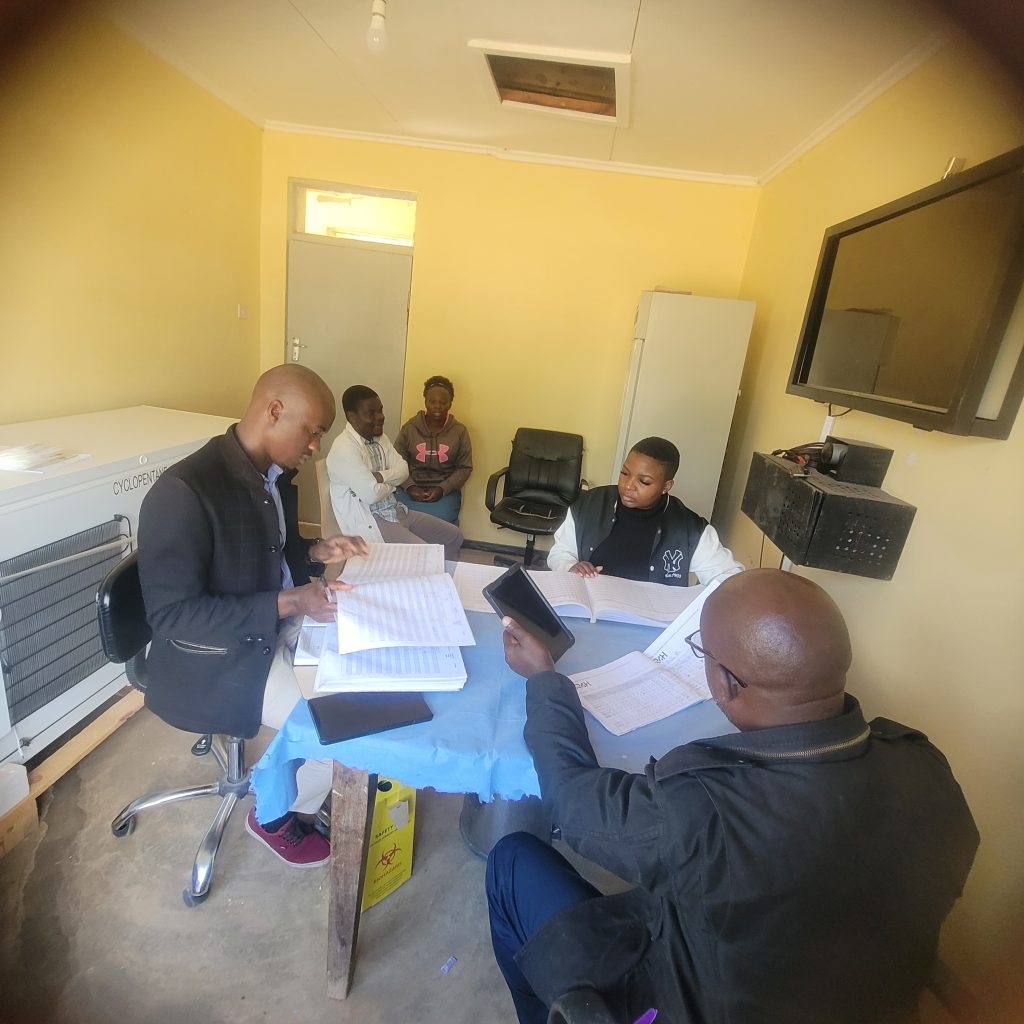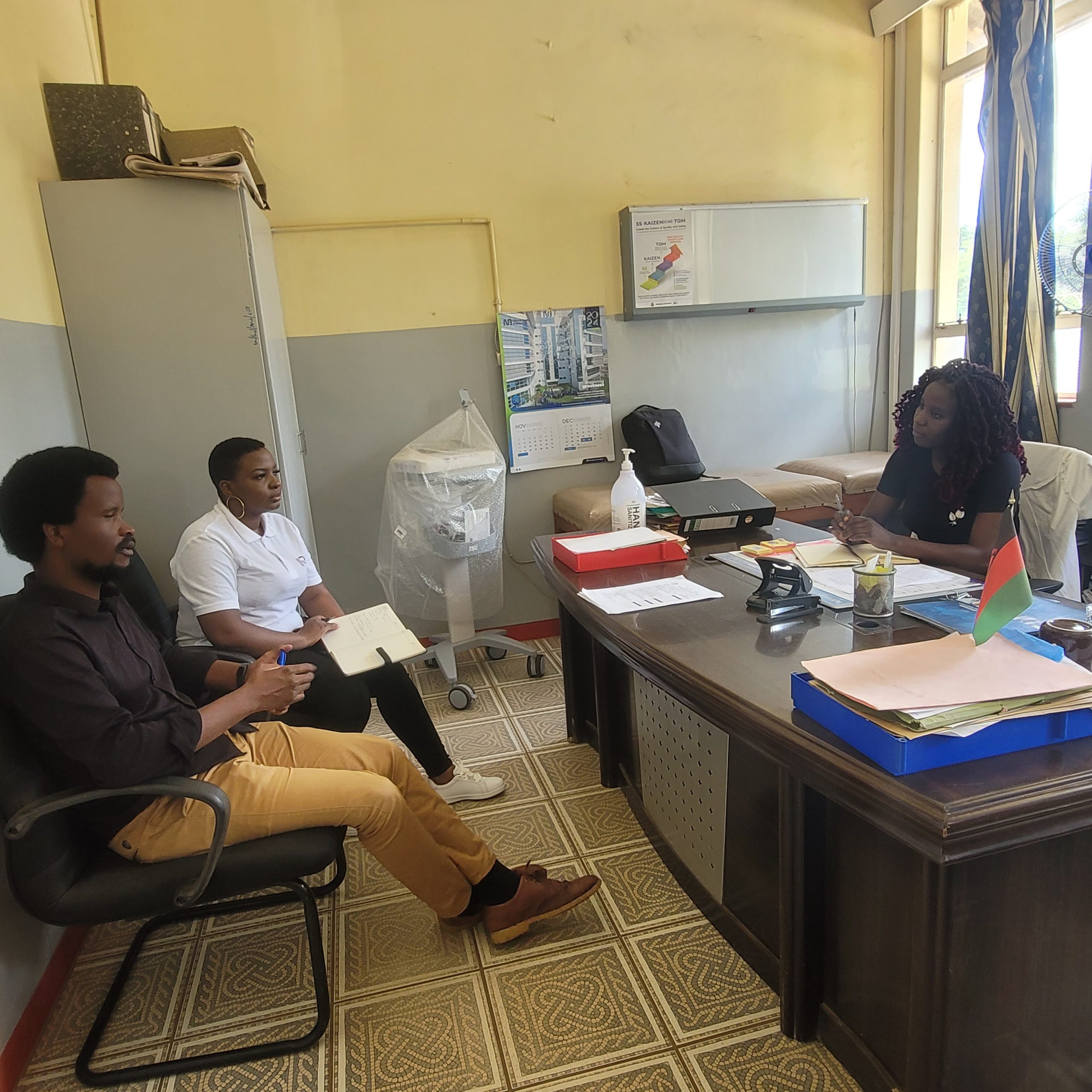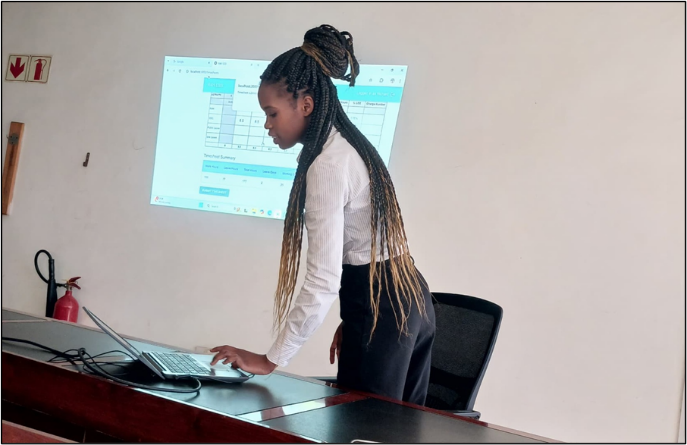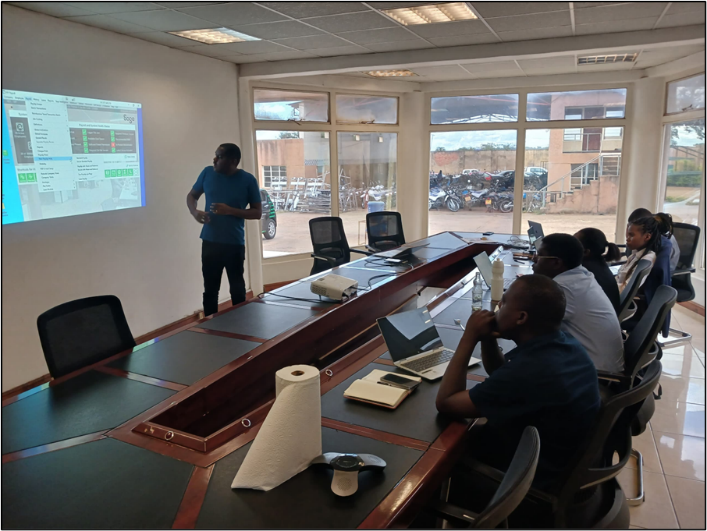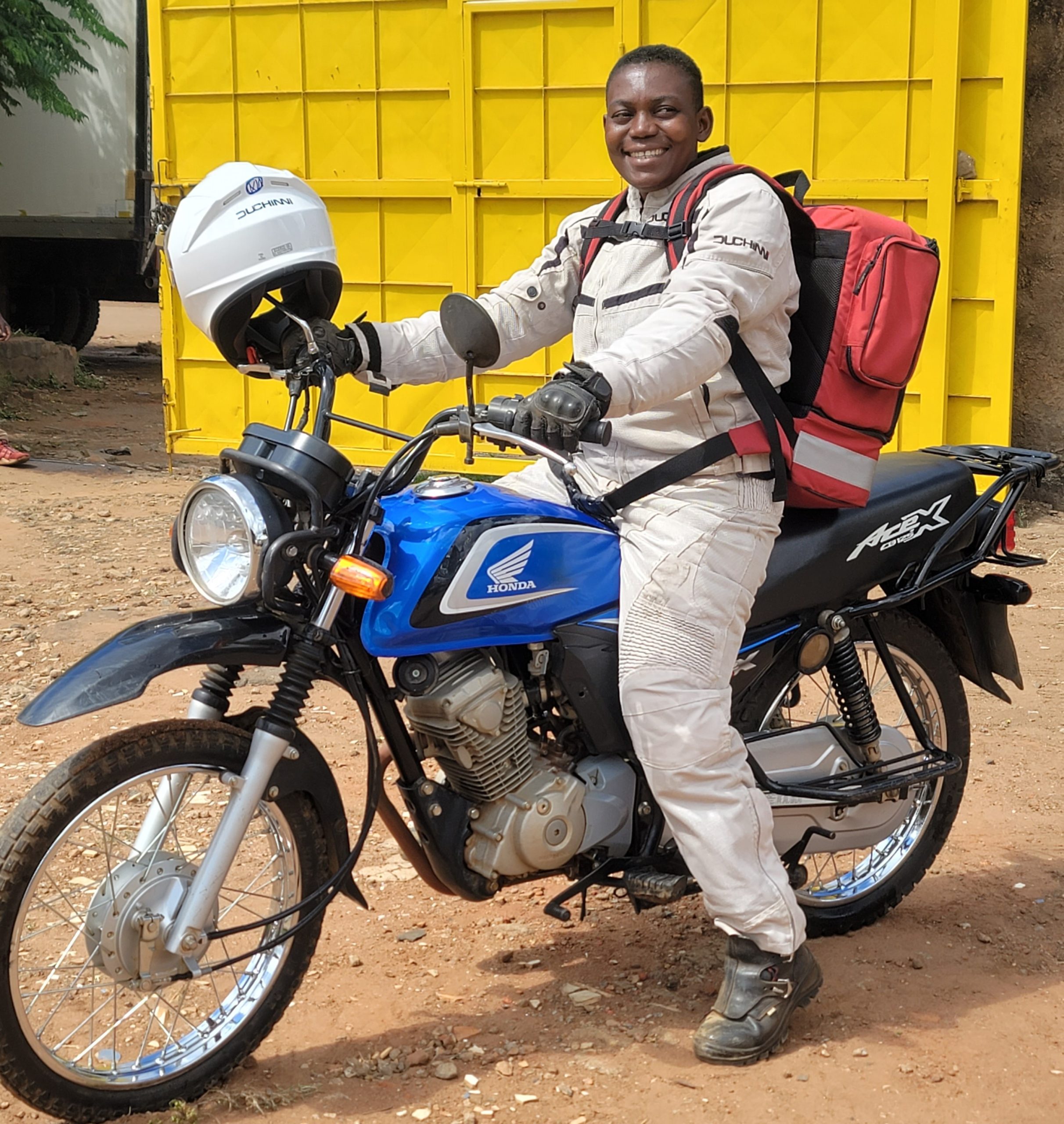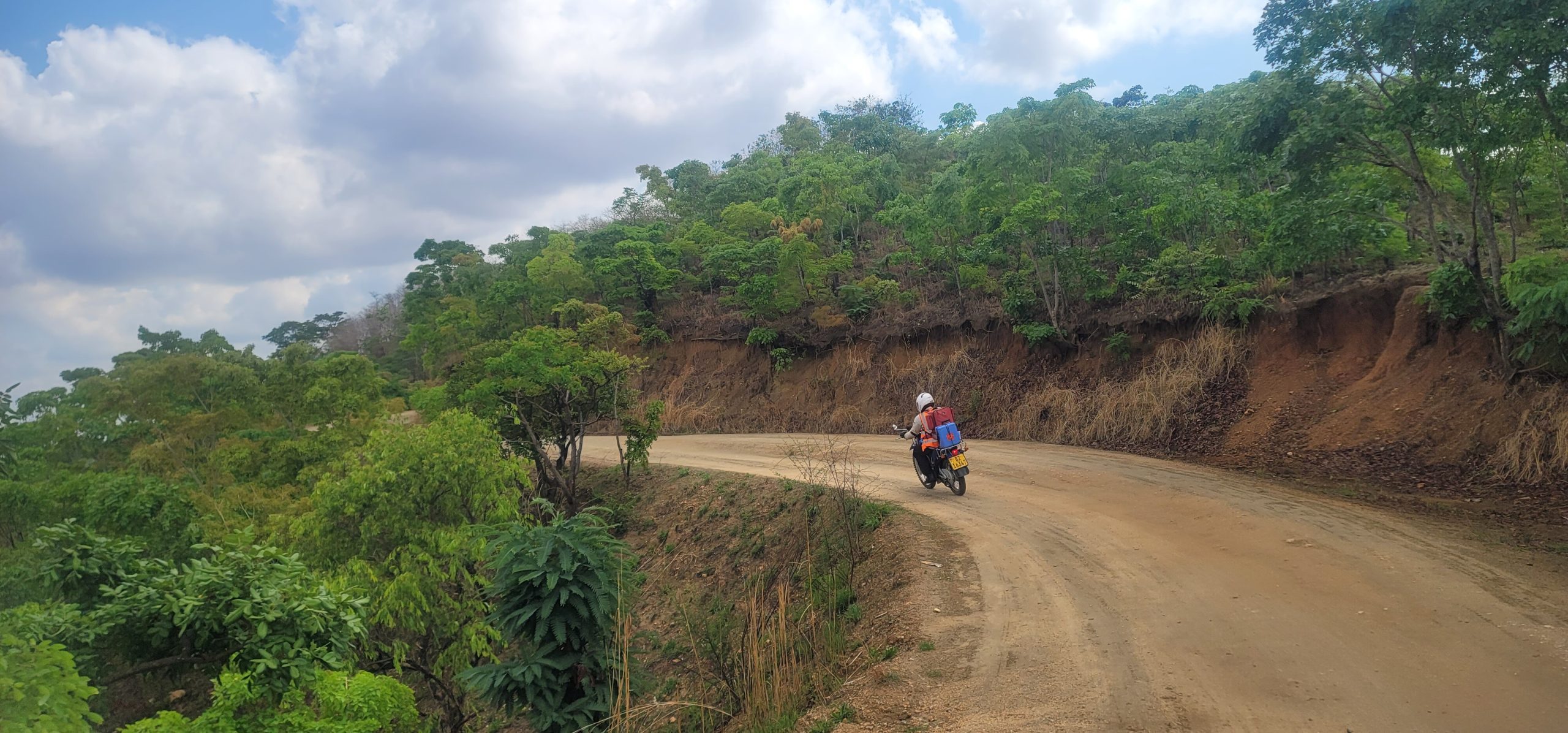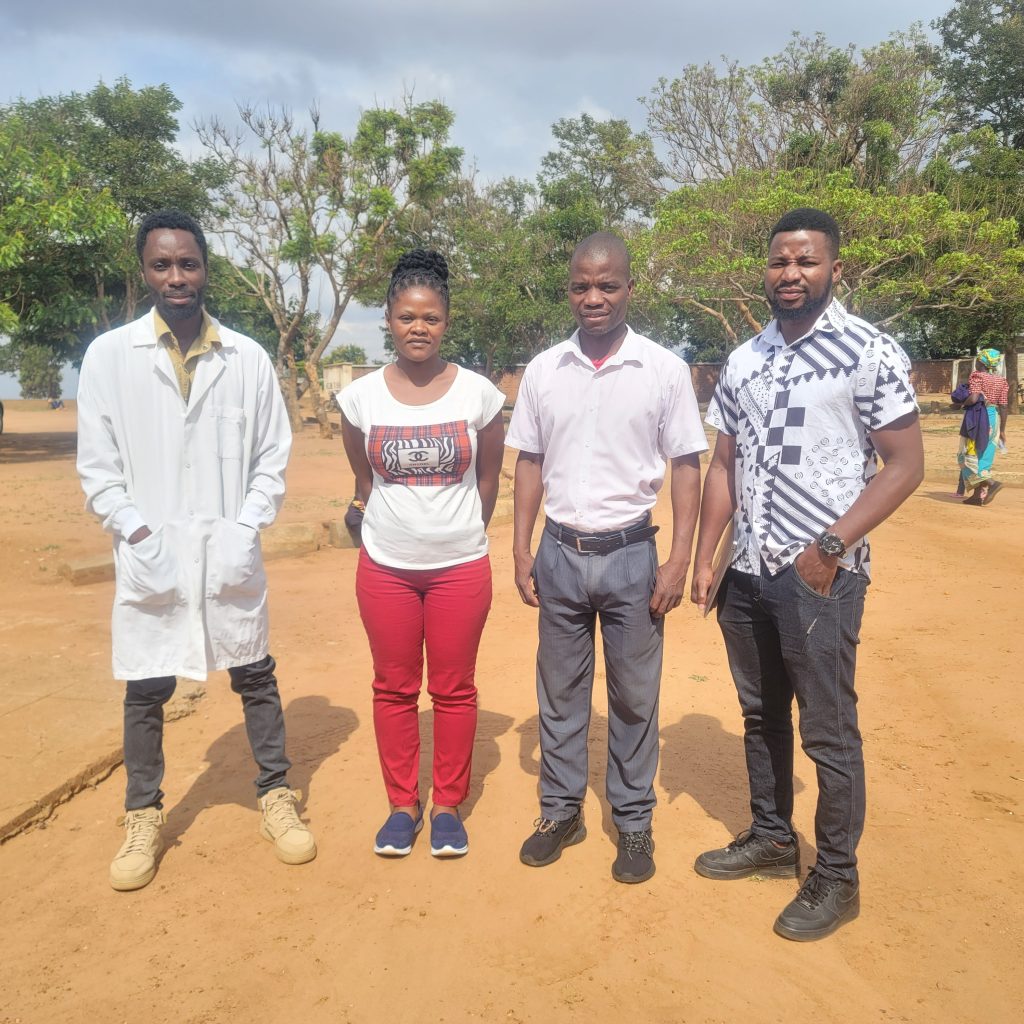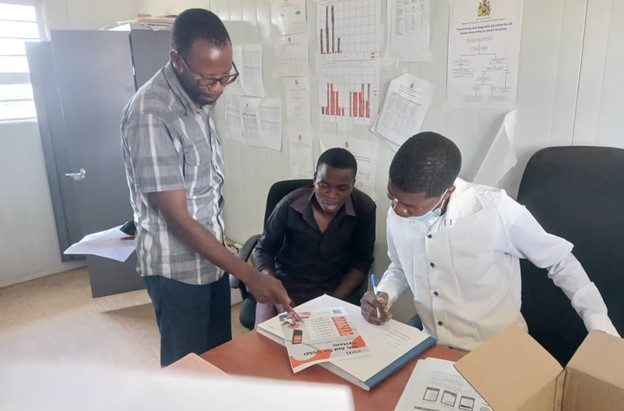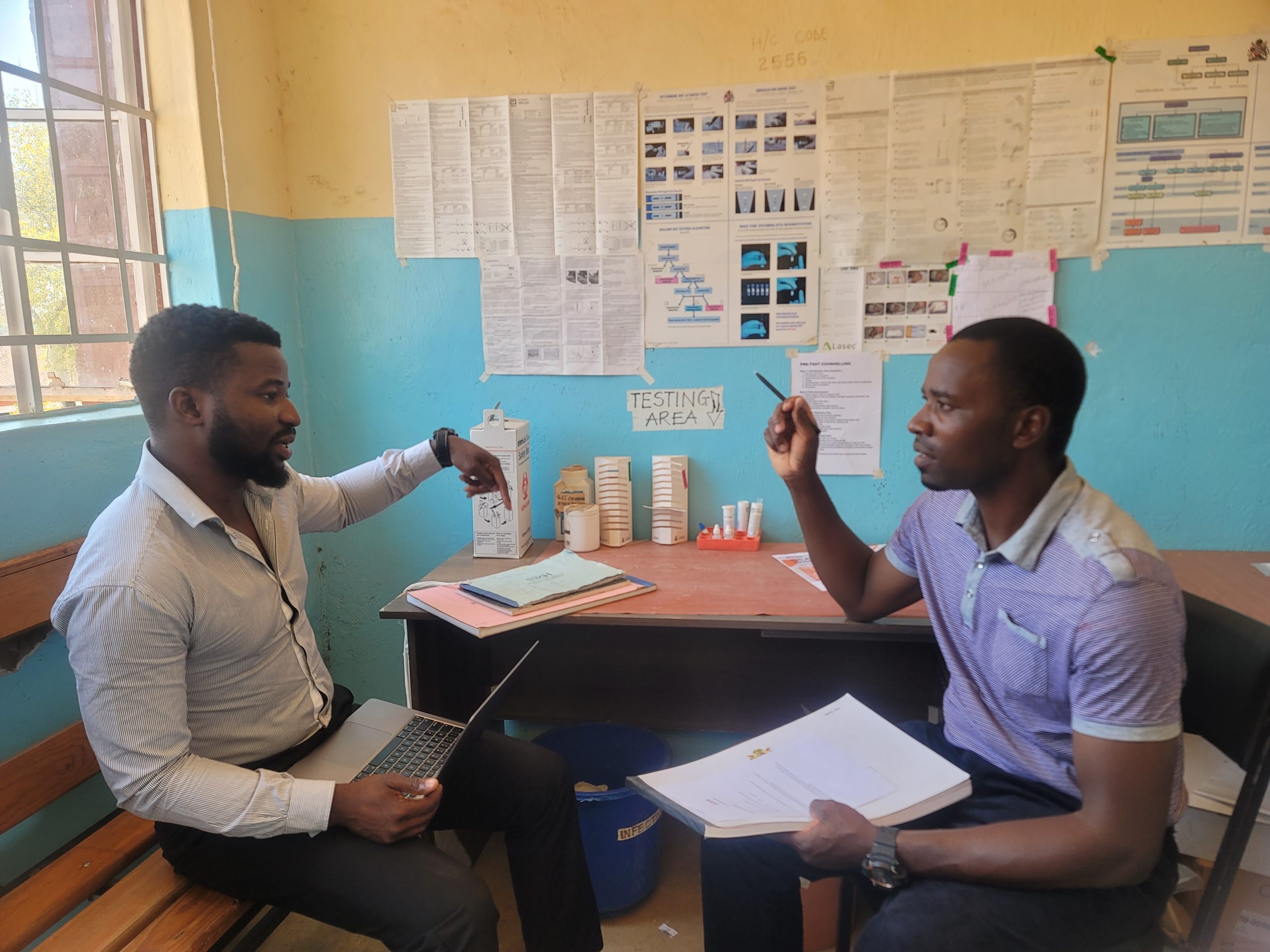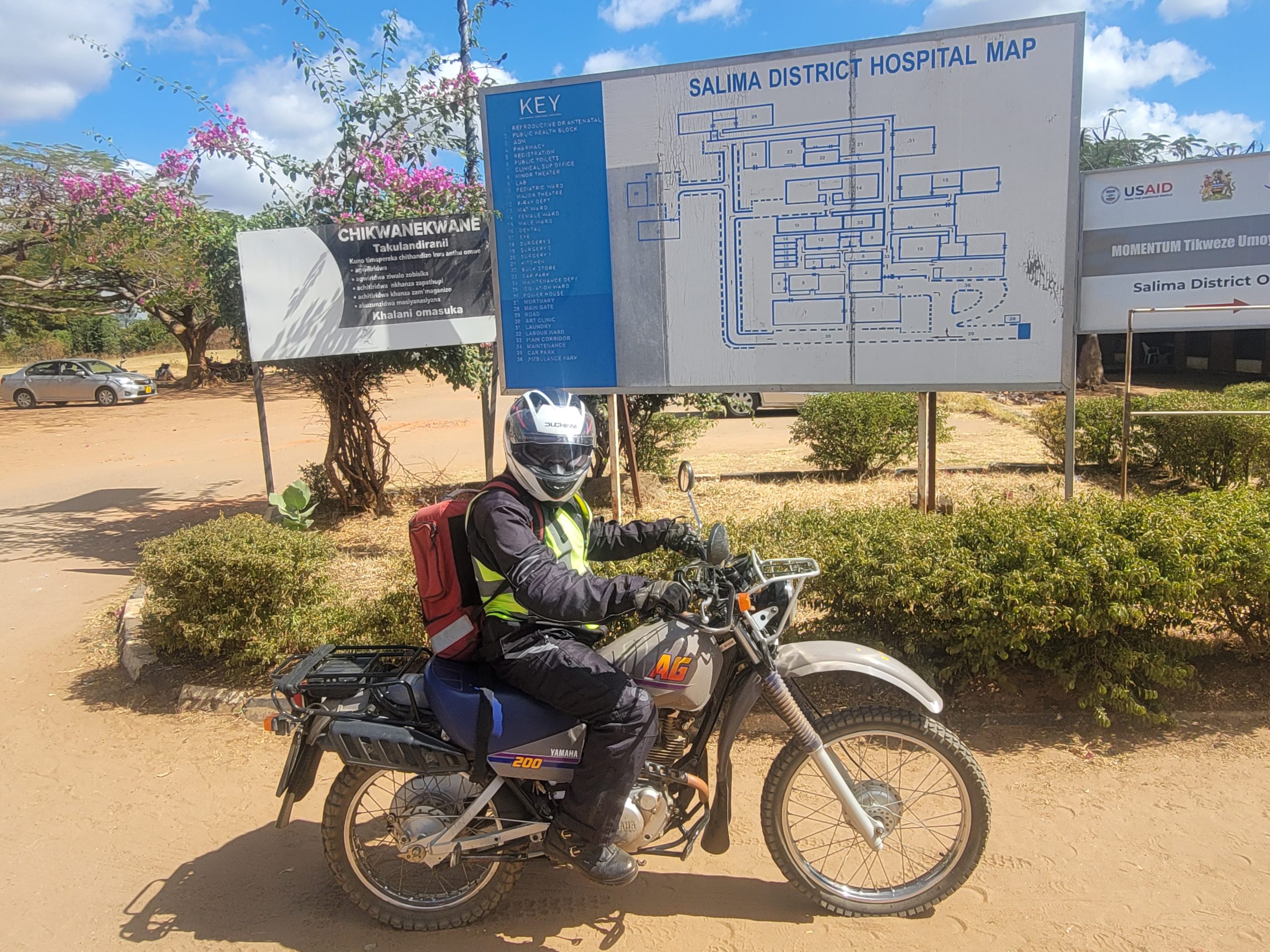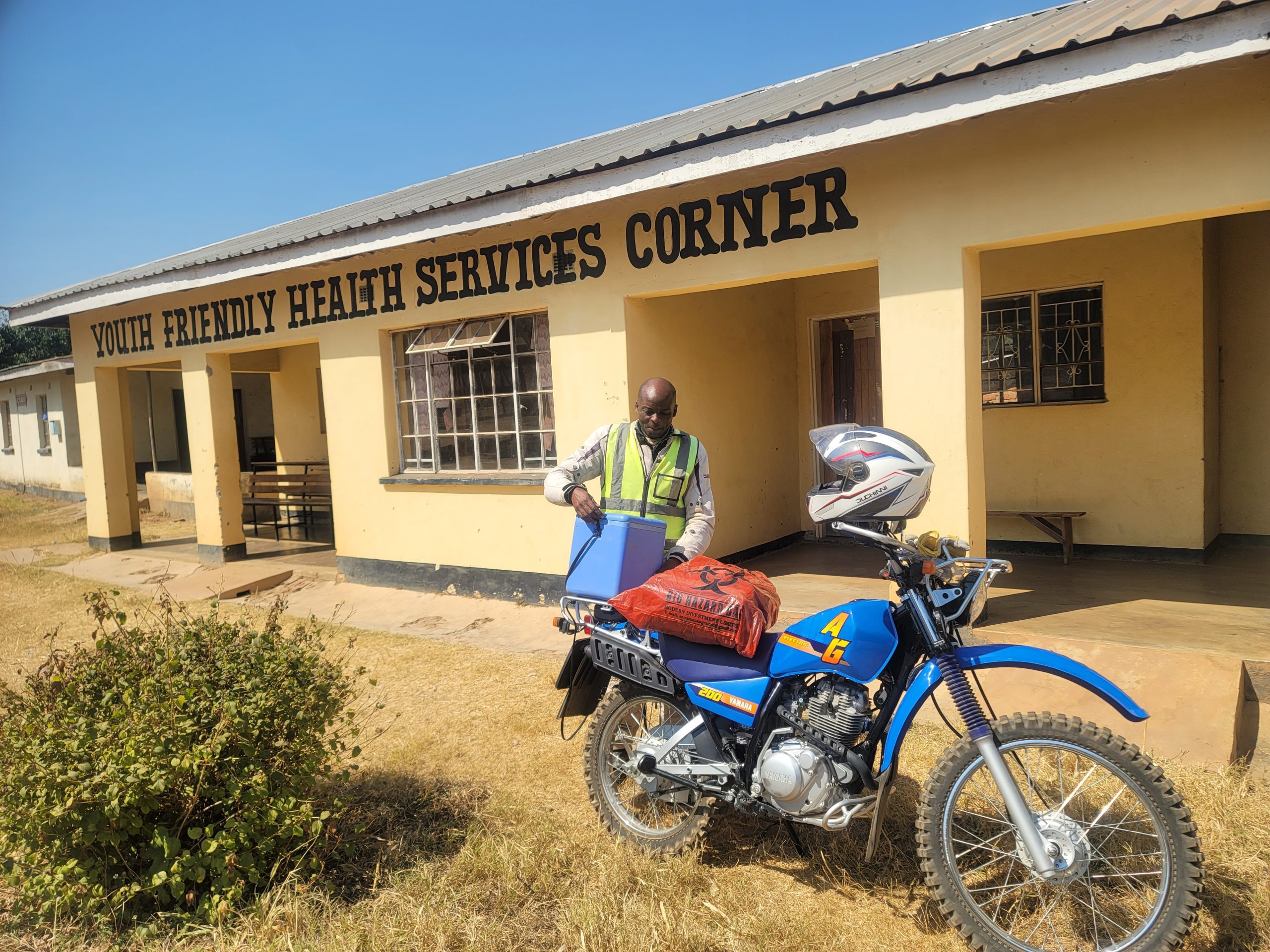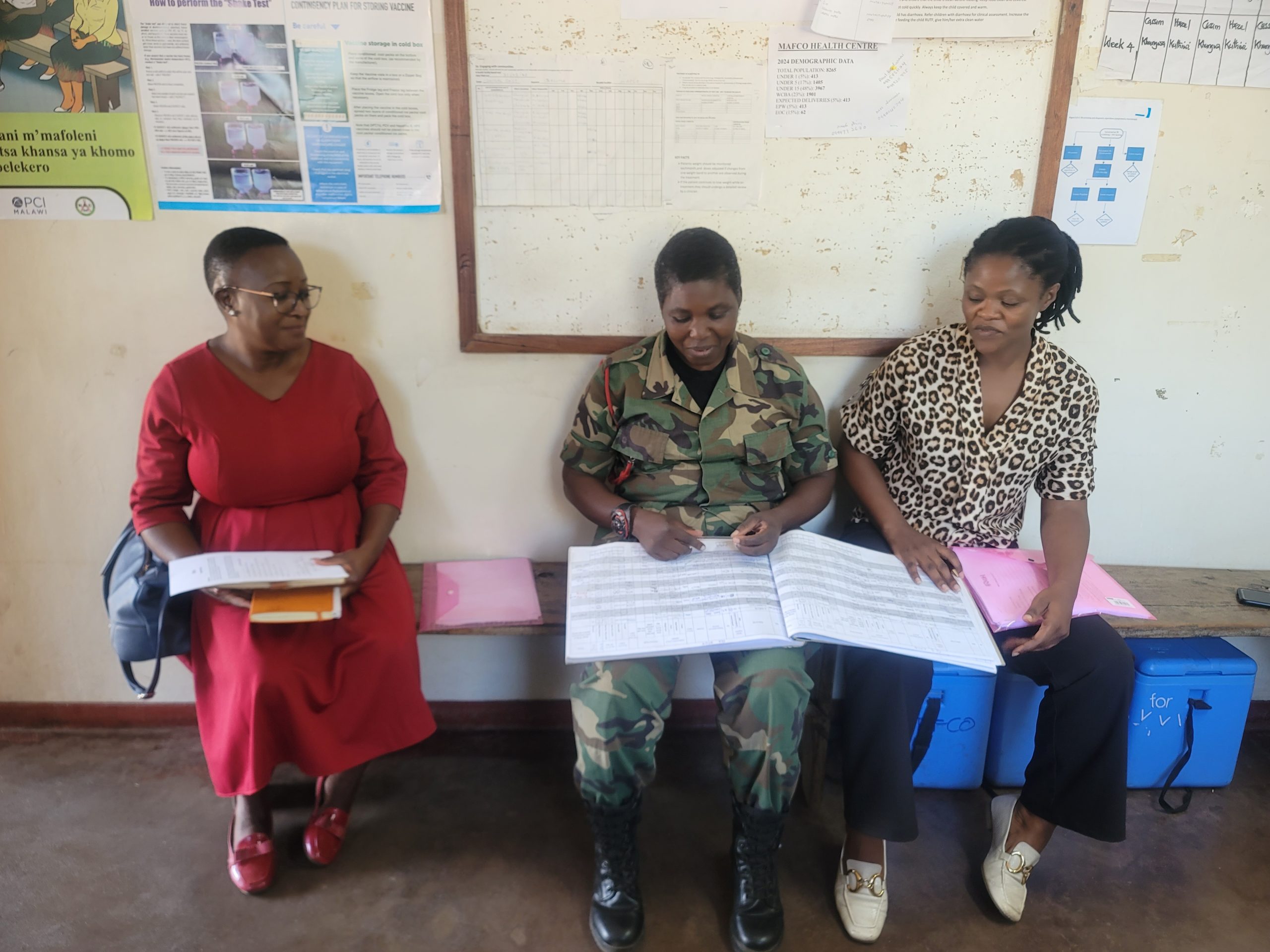Sample Transport Optimization Scale Up Training For Health Care Workers in Nsanje, Ntcheu, Nkhatabay, Mzimba South and Machinga Districts
From August 25 to September 12, 2025, R4H conducted a significant training across five districts in Malawi: Nsanje, Ntcheu, Nkhatabay, Mzimba South, and Machinga. A total of 354 healthcare workers were trained in Optimized Sample Transport (OST). The system is designed to enhance the efficiency of medical sample transport using a pull system and USSD technology. This innovative approach allows healthcare facilities to report available samples efficiently, enabling R4H route optimization officers to determine facility visit route schedules, that improve transport efficiency and reduce costs.
The training used a group discussion approach at individual facilities, with R4H facilitators guiding healthcare workers through the process of USSD reporting for various sample types. The training had three main objectives: to introduce OST to healthcare workers, to train them on sample notification and transport requests, and to teach practical steps for USSD reporting.
From October 2023 to September 2024, OST had been implemented in Phalombe, Rumphi, Salima, Lilongwe, and Mzimba North. The program was then scaled up to include Mangochi, Blantyre, Zomba, Chikwawa, Chiradzulu, and Mulanje, and later to 5 newly scaled-up districts, Machinga, Nsanje, Mzimba South, Nkhatabay, and Ntcheu, in quarter 4 2024-25 FY, bringing the total to 16 districts under the OST program.
OST operates as a demand-driven system where healthcare workers use specific codes to report sample volumes. These reports are sent to the R4H central office, where an OST team creates courier routes for the following day. This system not only increases efficiency, but also results in significant cost savings, i.e., Empty trips, reduced TAT, samples rejections, wear and tear, among others. The training targeted key personnel at each facility, including the facility in charge, HIV Diagnostic Assistant (HDA), and a TB officer, to ensure a comprehensive understanding and implementation of the OST system.








